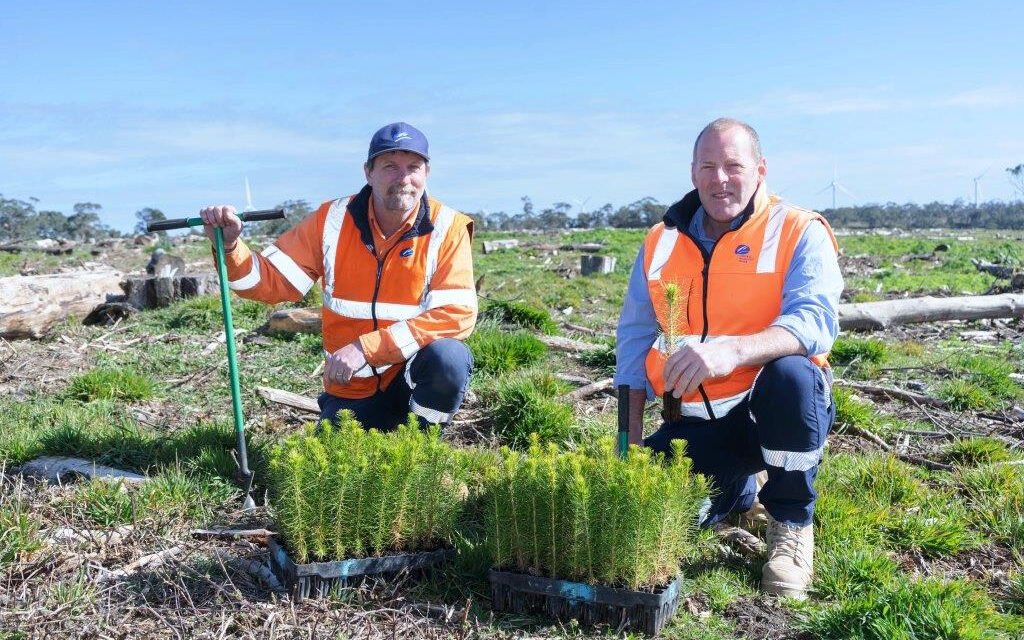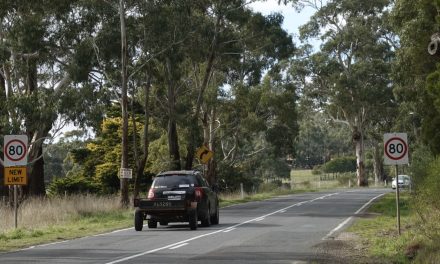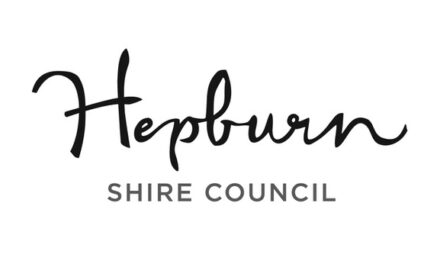Central Highlands Water (CHW) has been awarded $60,000 in project funding through the Victorian Government’s Waste to Energy Bioenergy Fund. The Waste to Energy Bioenergy Fund is providing $10 million in grants to support the development of innovative bioenergy projects and business models to enable the implementation of best-practice infrastructure that builds capability and capacity in Victoria’s bioenergy sector.
The project will complement Hepburn Shire’s organic waste composting facility at Creswick.
As part of the funding, CHW will explore the circular economy benefits of the localised production of bioenergy such as utilising the unused resource of the forestry wood residue left onsite after a pine plantation is clear felled. This includes exploring the viability of processing this material into a biomass product such as a pine pellet, which can then be used as a fuel source.
“We are pleased to explore this project, which will improve our operations, reduce waste and greenhouse gases,” said CHW Managing Director, Jeff Haydon. “This project is underpinned by CHW’s 2040 Strategy in setting our future ambition for the region and outlining our vision of fostering sustainable living, thriving communities, and a healthy environment.”
CHW operates 1,215 hectares of pine plantations for forestry purposes within its catchment and land estate. Currently an average of 6,400 tonnes/year of forestry residue is heaped and burned.
Included in the project is the opportunity for further potential beneficial use, such as heat and electricity generation at CHW facilities and integration with Wastewater Treatment Plants including cogeneration and biosolids treatment with potential for enhanced soil carbon capture.
This funding stream will support a range of Victorian businesses like CHW to support the transition of operations to renewable energy, reduce waste and greenhouse gases.
In collaboration with all Victorian water authorities, CHW is committed to net-zero emissions, no later than 2035.
Hepburn Shire Council secured funding for a Waste to Energy pilot project which commenced several years ago. This pilot project operated for a few years to test longer term viability. With Support from the State Government and after a period of operation and review, the project transitioned into a composting facility which has been fundamental to the successful trial of the Clunes Food Organics Garden Organics (FOGO) service over the past year.
Two in-vessel compost units operate at Creswick Transfer Station. Food scraps and garden material collected from Clunes households is composted at the Creswick facility rather than sending the material to landfill. This project has kept materials circulating locally by producing a high-quality compost to improve local soils.
During the Clunes Organics Trial about 300 tonnes of material has been diverted from landfill. Diverting this material has cost and environmental benefits. When organic matter breaks down in landfill, it creates methane, a greenhouse gas that is 25 times more potent than carbon dioxide.





